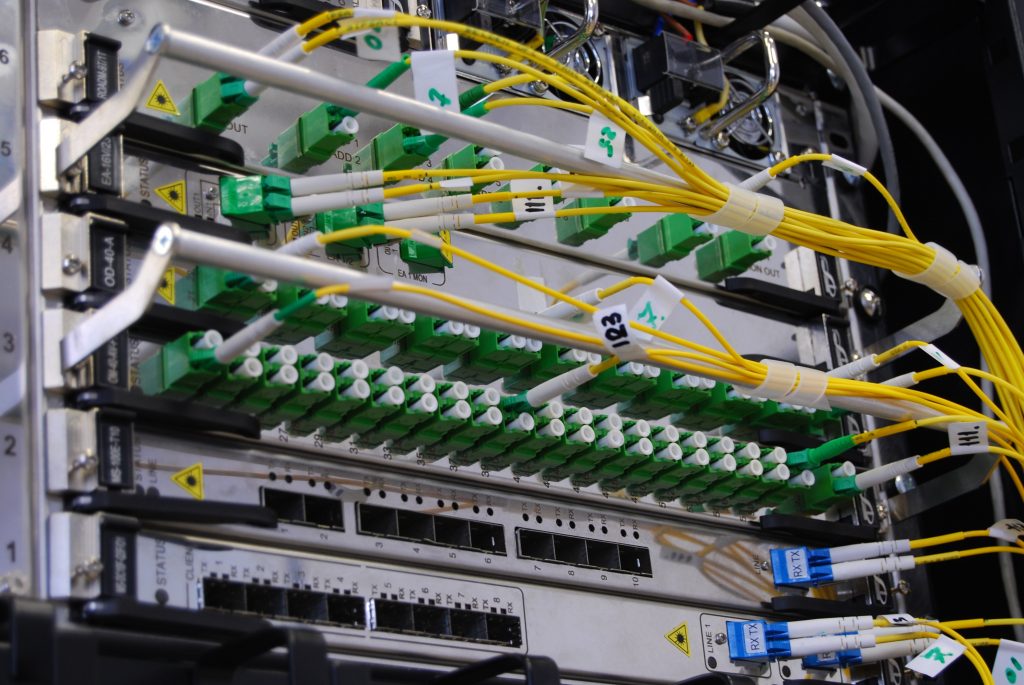Fiber deployment, the process of installing fiber-optic cables to enable high-speed internet connectivity, has become an essential component of modern infrastructure. In Europe, the importance of fiber deployment cannot be overstated, as it plays a crucial role in enhancing economic growth, promoting social inclusion, and supporting sustainable development.

The benefits of fiber deployment in Europe are numerous. Firstly, it is essential for the development of a robust and reliable digital infrastructure. This is particularly important in today’s digital age, where businesses, governments, and individuals rely on the internet for communication, commerce, and access to information. With high-speed fiber connections, businesses can operate more efficiently and compete globally, while individuals can access a range of digital services, including education, healthcare, and entertainment.
Secondly, fiber deployment promotes social inclusion. In many parts of Europe, there are still areas with limited or no internet connectivity, particularly in rural and remote areas. This digital divide can exacerbate existing social inequalities, as those without access to high-speed internet are at a disadvantage when it comes to education, employment, and other opportunities. By deploying fiber in these areas, we can bridge this divide and ensure that everyone has equal access to digital services.

Thirdly, fiber deployment is critical for sustainable development. With the increasing use of digital services, there is a growing demand for energy-intensive data centers, which consume a significant amount of electricity. By deploying fiber, we can reduce the need for data centers to be located near the end-users, as data can be transmitted more efficiently over long distances. This, in turn, can reduce energy consumption and carbon emissions, making fiber deployment an important tool for combating climate change.
Despite the clear benefits of fiber deployment, there are still challenges that need to be addressed. One of the main challenges is the cost of deployment, which can be significant, particularly in rural areas. Governments and private sector companies need to work together to find innovative solutions to reduce the cost of deployment, such as sharing infrastructure and using new technologies like wireless broadband.
In conclusion, fiber deployment is essential for the development of a robust and reliable digital infrastructure in Europe. It is a critical tool for promoting social inclusion, supporting sustainable development, and enhancing economic growth. While there are challenges that need to be addressed, it is clear that the benefits of fiber deployment far outweigh the costs, and it is essential that we continue to invest in this critical infrastructure for the benefit of all Europeans.



